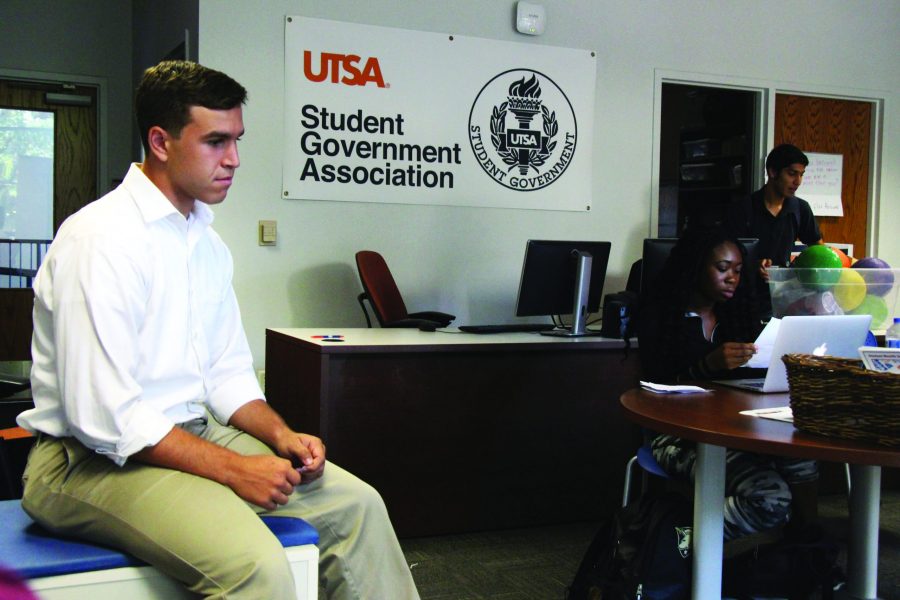The Student Government Association’s (SGA) rotating group of student leaders fight to create change and advocate for students. This new class of senators begin their work reflecting on the fights of the past year and checking the outcomes of previous semesters.
Last year, the SGA was able to raise $39,150, surpassing the $25,000 goal for the Roadrunner Memorial Garden in order to honor UTSA students who have passed away. UTSA Student Body President Marcus Thomas said, “Even if it may not have come up as quickly as students wanted, it will be bigger and bolder than we originally planned, so we can remember and honor Roadrunners who sadly passed away but still made an impact on the story of UTSA.” Thomas says the garden will be unveiled by the end of the fall semester.
The Rowdy Cannon, a UTSA-themed artillery piece that would be used at home football games and other school events, was another fund raising project SGA undertook last year. The SGA crowdfunded $7,270 of their $20,000 goal.
Thomas is still optimistic about the outcome of the project. “We’re hoping it comes through this football season, but we’re running into a few kinks,” Thomas said. “We have completed the current funding without using any student funds, but we still need to work out the logistics of the shock charges with the Alamodome. But, I wholeheartedly believe this project will come through.”
The SGA is also planning initiatives based on issues concerning last year’s students. SGA’s Academic Affairs committee is working with the Quantitative Skills Tutor Lab, or “Q Lab,” to increase access to tutoring services on campus. Senator Libby Honsalek, representative of the College of Liberal Arts, is working to create unpaid tutoring internships to replace some of the paid language tutoring service that were ended by the recent COLFA budget cuts. Thomas described the initiative as “a great way for students to volunteer and give back to the UTSA community.”
SGA is also working on the Leader Fund, a $750 reimbursement program for registered organizations on campus that comes from Student Services fees. Thomas says the SGA outreach committee is working to improve awareness of this program to organizations on campus and is looking at restructuring the program as well. “Since the program is a reimbursement, student organizations need to organize fundraisers to have the money to spend in the first place. Not having the initial funds can lock student organizations out of the reimbursement process.” Thomas hopes SGA will find a way to allocate funds to these clubs, rather than have it take the shape of a reimbursement.





